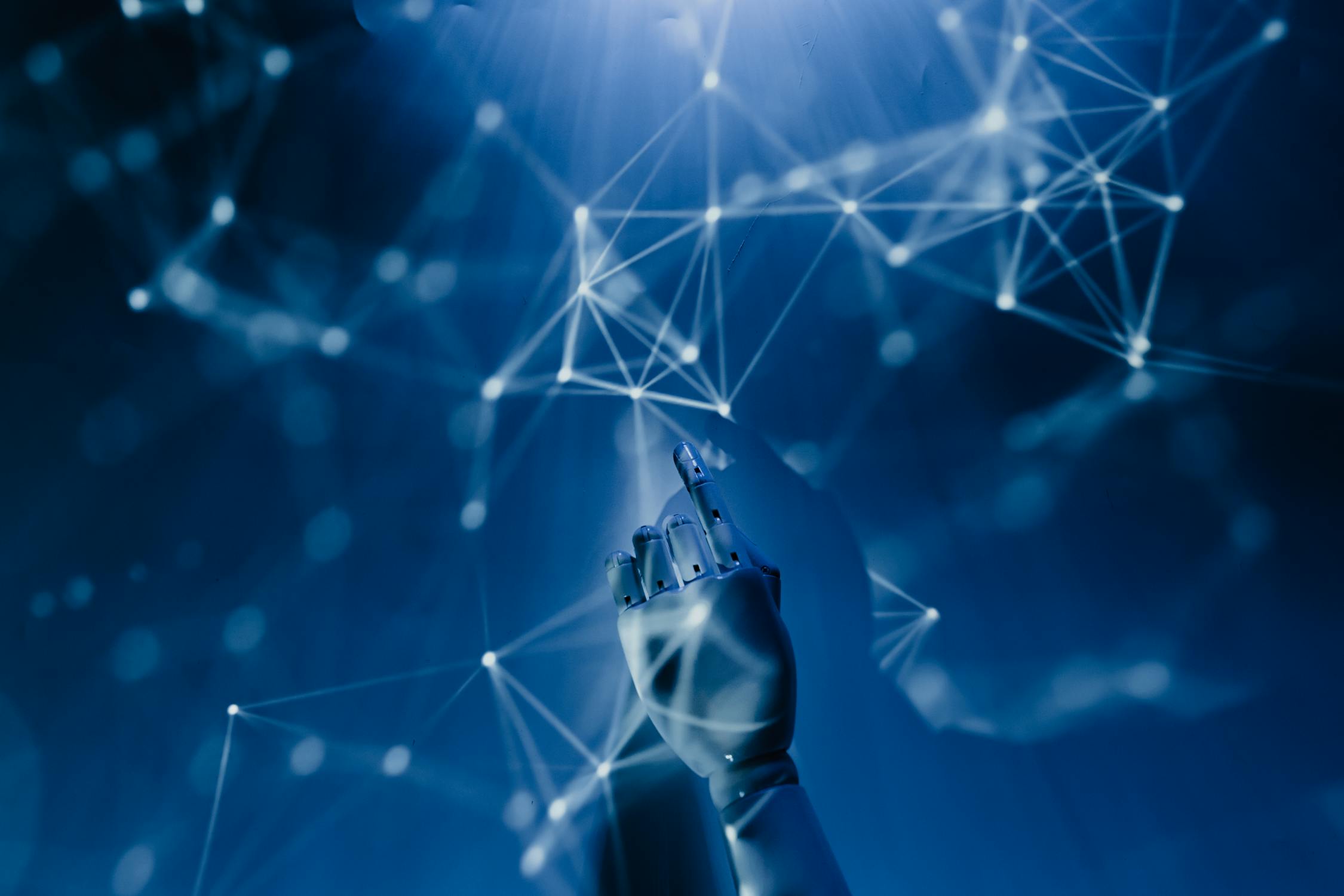Introduction
As of 2025, the Philippines stands at a pivotal juncture in its technological evolution, with artificial intelligence (AI) playing a central role in reshaping various sectors. From business processes to education and governance, AI's influence is increasingly pervasive. This article delves into the current state of AI in the Philippines, highlighting key developments, challenges, and future prospects.
Market Growth and Economic Impact
The AI market in the Philippines is experiencing robust growth. Projections indicate that the market will reach approximately $1.025 billion in 2025, with an impressive compound annual growth rate (CAGR) of 27.75% expected between 2025 and 2030, culminating in a market volume of $3.487 billion by 2030. This surge is driven by increased adoption across various industries, including finance, healthcare, and customer service.
AI Adoption in Business Processes
Business Process Outsourcing (BPO) Industry
The BPO sector, a cornerstone of the Philippine economy, is undergoing significant transformation due to AI integration. In 2024, the industry witnessed a 7% growth, reaching 1.82 million jobs and generating $38 billion in revenue. Despite concerns about AI potentially displacing jobs, industry leaders emphasize that AI serves as an augmentative tool. Workers proficient in AI applications are poised to outperform their peers, underscoring the necessity for upskilling in areas such as AI, IT support, cybersecurity, and data analytics.
CEO Perspectives on AI Integration
A recent survey reveals that 75% of CEOs in the Philippines are confident in integrating AI into their core business processes. This optimism reflects a strategic shift towards embracing AI to enhance operational efficiency and competitiveness. Business leaders recognize AI's potential to drive innovation and are actively investing in AI-driven solutions.
Educational Initiatives and AI Literacy
Department of Education and Microsoft Collaboration
The Department of Education (DepEd) has partnered with Microsoft to incorporate AI-powered tools into the educational framework. Initiatives such as Reading Progress and Reading Coach, integrated into Microsoft Teams, utilize generative AI to assess and improve students' reading fluency. These tools analyze accuracy, rate, and pronunciation, providing teachers with actionable insights and reducing the time spent on manual assessments.
University of the Philippines' AI Principles
The University of the Philippines has proactively established guidelines to promote responsible AI usage. These principles emphasize transparency, human oversight, and ethical considerations in AI deployment, aiming to foster trust and accountability in AI applications across various sectors.
Regulatory Landscape and Ethical Considerations
Election Commission's AI Guidelines
In anticipation of the 2025 general elections, the Commission on Elections (COMELEC) has implemented guidelines regulating AI usage in campaign materials. Candidates are required to disclose any AI-generated content, and the use of AI to disseminate misinformation is strictly prohibited. This move represents a significant step towards ensuring ethical AI practices in political processes.
Proposed AI Development Authority
Legislative efforts are underway to establish the Artificial Intelligence Development Authority (AIDA), a dedicated body to oversee AI research, development, and regulation. AIDA aims to serve as a watchdog against AI-related malpractices and to promote the ethical advancement of AI technologies in the country.
Challenges and Future Outlook
Talent Development and Skill Gaps
Despite the positive trajectory, the Philippines faces challenges in cultivating a workforce adept in AI technologies. Addressing the talent gap is crucial, as the country strives to move beyond performing low-complexity tasks. Upskilling initiatives and educational reforms are essential to equip the workforce with in-demand skills such as IT support, cybersecurity, data analytics, and AI.
Cybersecurity Concerns
The proliferation of AI technologies has heightened the risk of cyberattacks. As businesses increasingly adopt AI-powered solutions, they become more susceptible to sophisticated threats. Strengthening cybersecurity measures and implementing robust data protection protocols are imperative to safeguard against potential breaches.
Conclusion
The integration of AI into the Philippine socio-economic fabric presents a blend of opportunities and challenges. While significant strides have been made in market growth, business adoption, and educational initiatives, addressing ethical considerations, regulatory frameworks, and talent development remains paramount. As the nation navigates this complex landscape, a collaborative approach involving government entities, educational institutions, and the private sector is essential to harness AI's full potential responsibly.
References
- State of AI in the Philippines in 2025: A range of perspectives
- Philippine outsourcing to grow 7% this year despite AI threat, industry group says
- Philippine-based CEOs confident in AI's potential to enhance business operations
- DepEd and Microsoft Drive AI Adoption in Philippine Education
- University of the Philippines Principles for Responsible and Trustworthy Artificial Intelligence
- Artificial intelligence and elections
- Regulation of artificial intelligence
- Growing AI adoption may expose PHL companies to more cyberattacks





